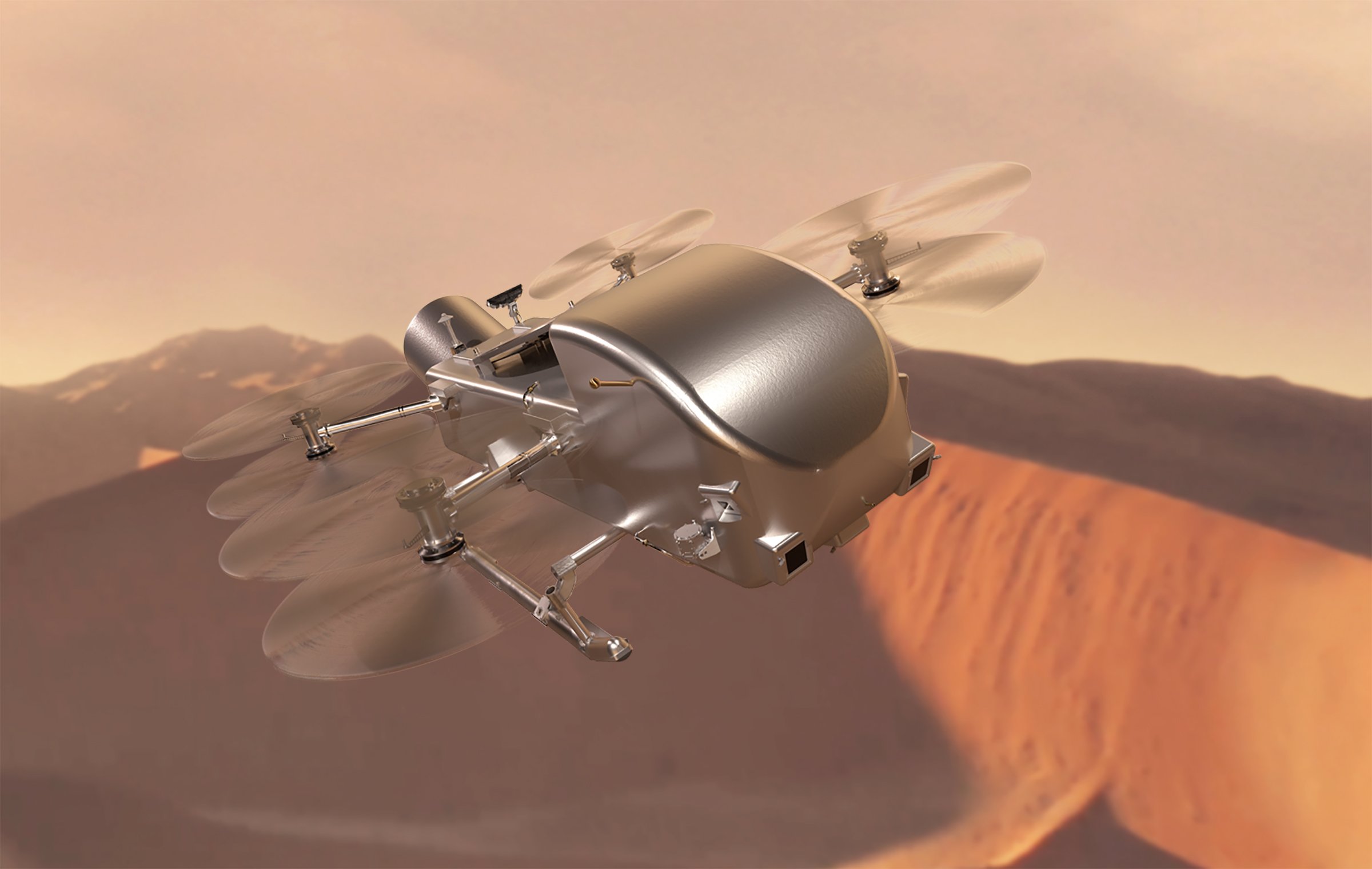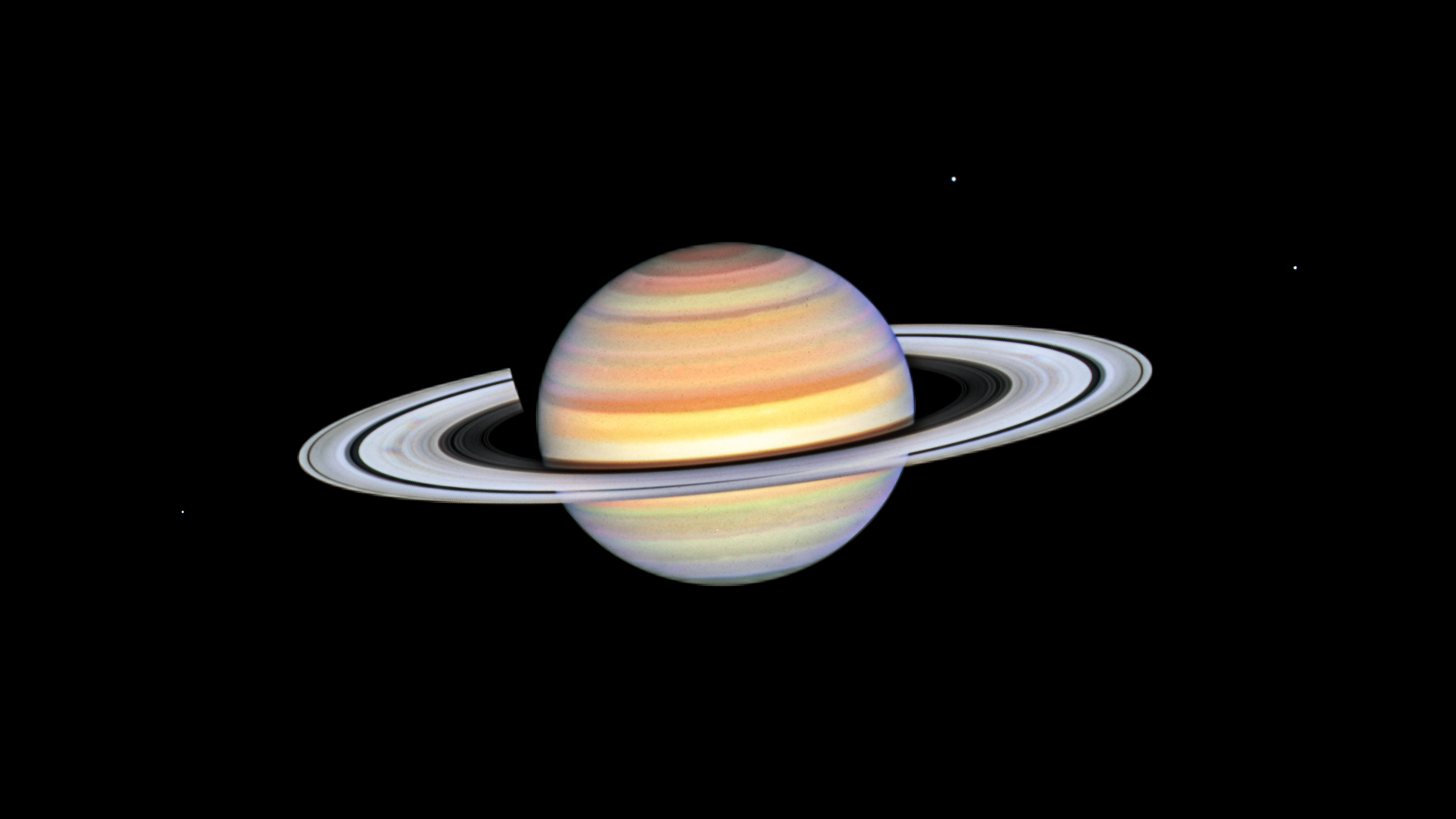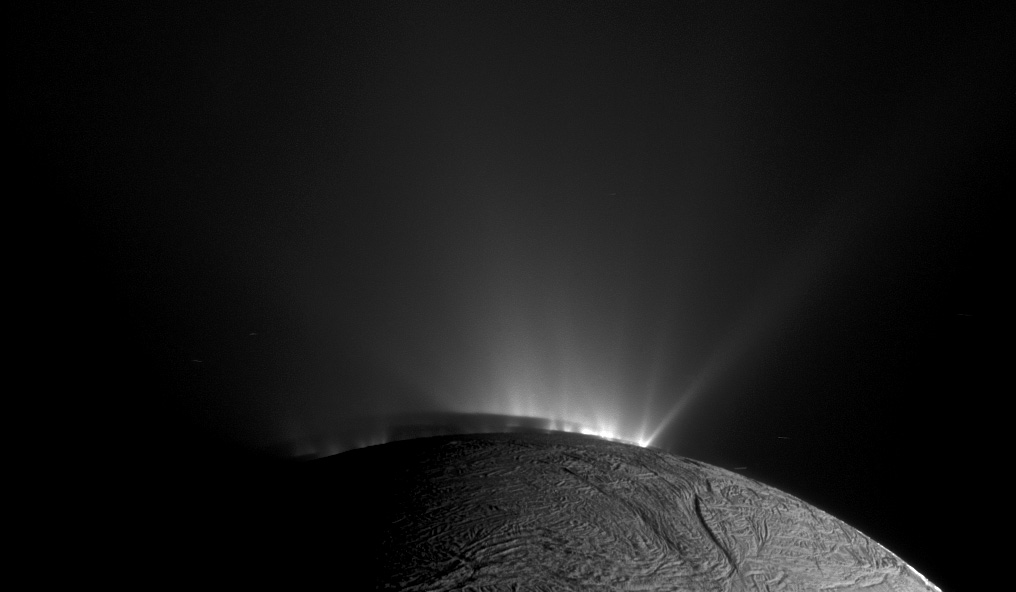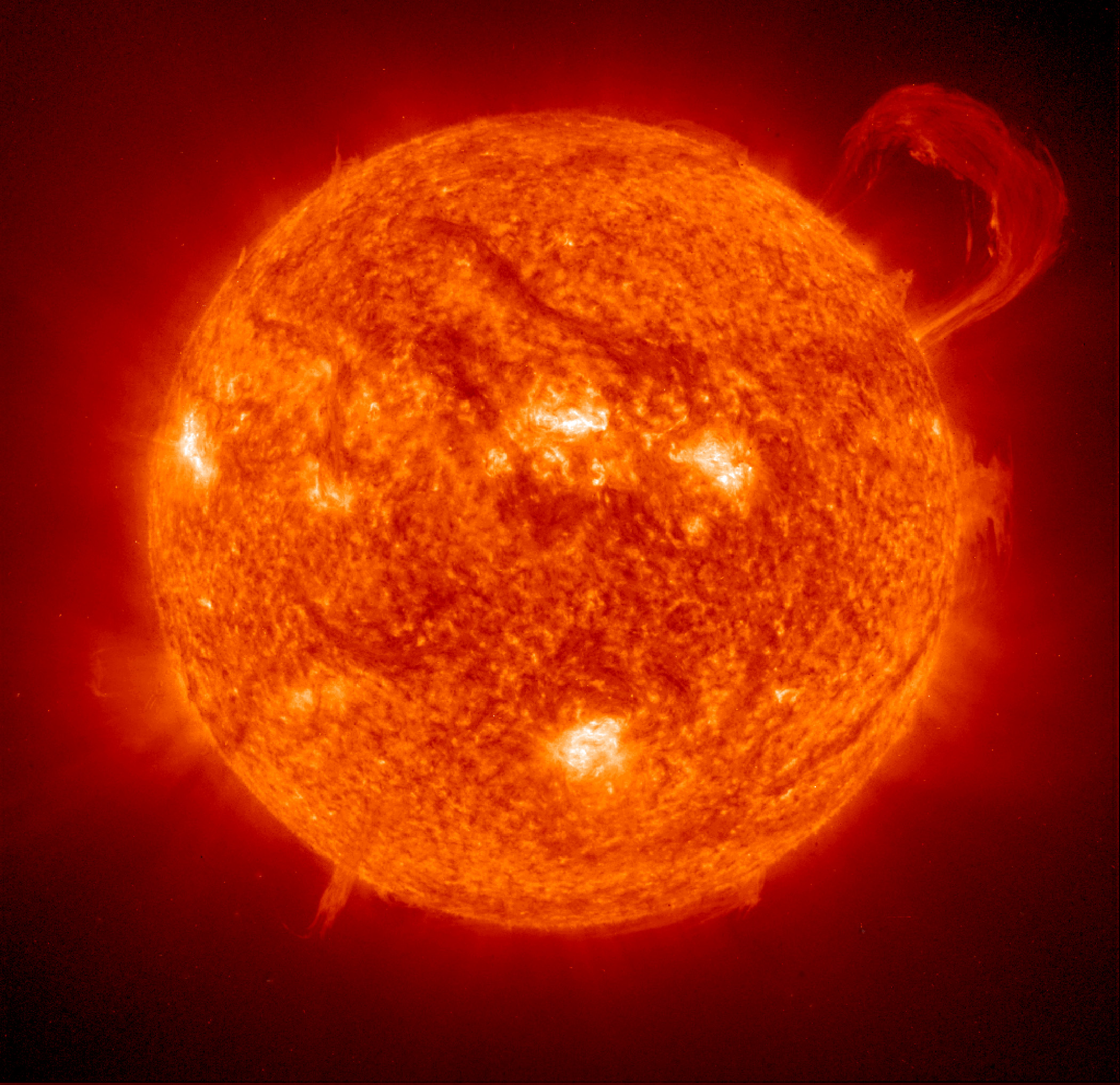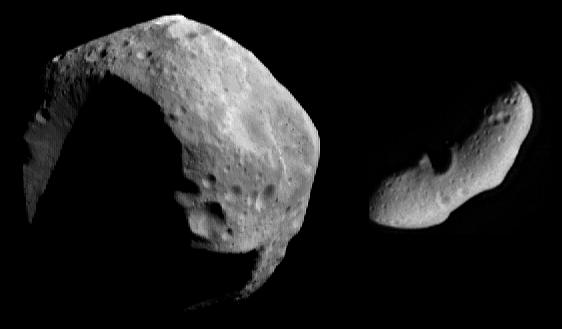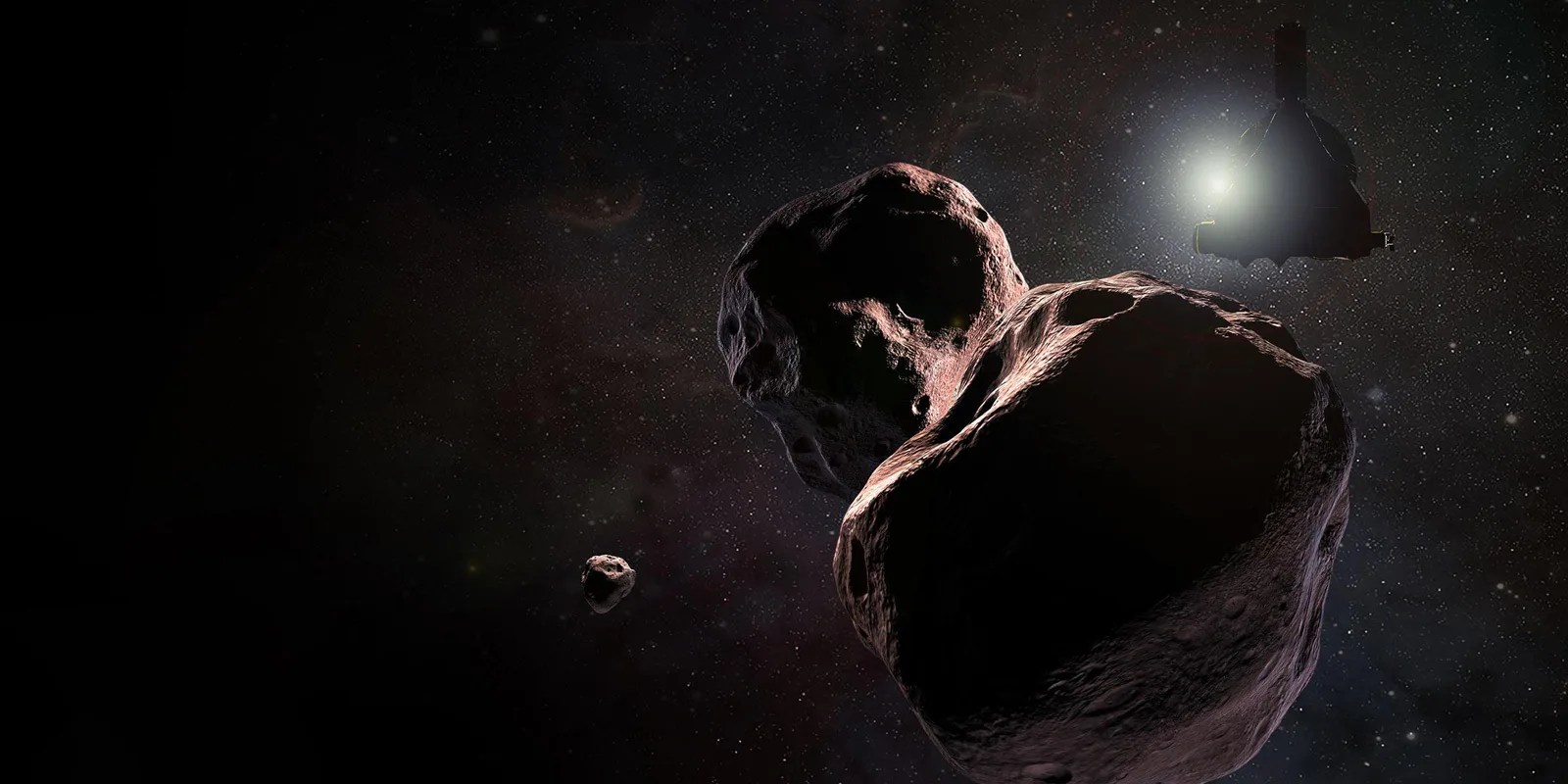3 min read
Cassini Significant Event Report
For Week Ending 03/14/03
The most recent spacecraft telemetry was acquired from the Canberra tracking station on Wednesday, March 12. The Cassini spacecraft is in an excellent state of health and is operating normally. Information on the spacecraft's position and speed can be viewed on the "Present Position" web page.
Attitude Control Subsystem (ACS) Flight Software checkout continued
this week with the following activities performed: inertial reference
unit B checkout, memory readouts of both the prime and backup ACS
flight computer, a dynamic constraint monitor table checkout, a
geometric constraint monitor table checkout, star ID suspend
demonstration with quiescent reaction wheel assembly, several high
water mark clears, and fault protection log pointer resets. At the
conclusion of activities, ACS status was nominal. Data acquired from
the various tests continues to be analyzed.
Port three for Science Operations Plan (SOP) implementation for tour
sequences S15/S16 occurred this week. Development for these
sequences will conclude next week.
A subsequence generation sequence change request approval meeting was
held for the C37 sequence.
The Navigation Ancillary Information Facility (NAIF) released its
version N0055 Spacecraft, Planet, Instruments, C-matrix, and Events
kernels (SPICE) toolkit. The toolkit will be delivered to the
Project Software Library within two weeks. Installation of the
executables on workstations will follow. This version includes two
new C-wrapped routines, and a corrected routine to support EKernel
production. It also clarifies Cassini-specific RA, DEC, and Twist as
well as yaw, pitch, roll functions in the NAIF/SPICE documentation.
The Imaging Science Subsystem team has published an article in
Science magazine entitled "Cassini Imaging of Jupiter's Atmosphere,
Satellites, and Rings". The URL is:
More information may be obtained at:
QuickTime movies that illustrate Cassini's tour through the Saturnian
system from the viewpoint of an observer sitting on the spacecraft
are available at:
Cassini project members participated in a Family Reading Night event
at Verdugo Woodlands Elementary School in Glendale, California. Each
reader gave two reading sessions. In addition, a tour of the solar
system in slides was presented to the entire school.
Additional information about Cassini-Huygens is online at http://saturn.jpl.nasa.gov.
Cassini will begin orbiting Saturn on July 1, 2004, and release its piggybacked Huygens probe about six months later for descent through the thick atmosphere of the moon Titan. Cassini-Huygens is a cooperative mission of NASA, the European Space Agency and the Italian Space Agency. JPL, a division of the California Institute of Technology in Pasadena, manages the mission for NASA's Office of Space Science, Washington, D.C.
Media Relations Office
Jet Propulsion Laboratory
California Institute of
Technology
National Aeronautics and Space
Administration
Pasadena, Calif. 91109.
Telephone (818) 354-5011

